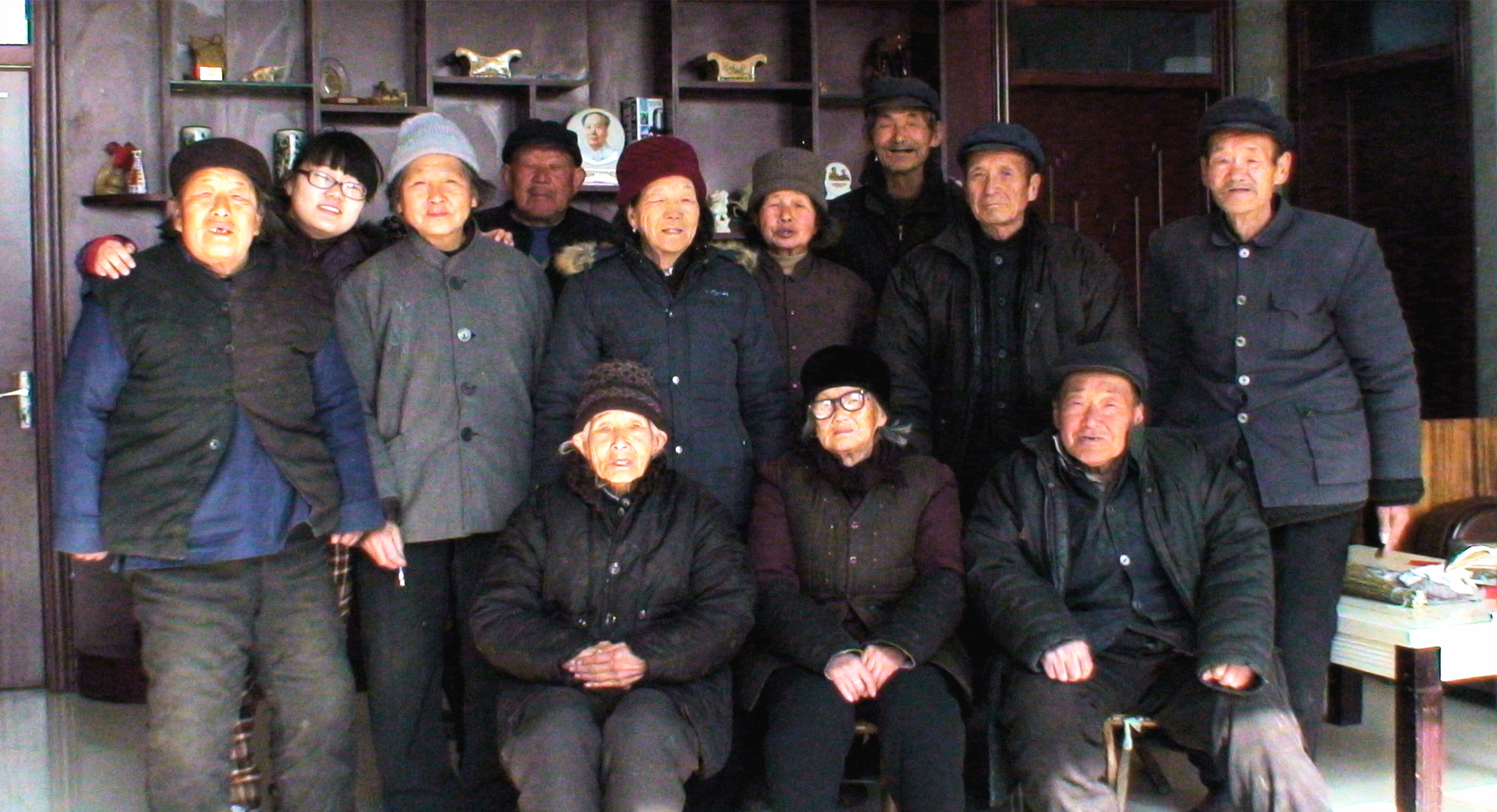Remembering China's Great Leap andGreat Famine
Remembering China’s Great Leap andGreat Famine
Analogue Media and the Politics of Print Nostalgia
Angela Zito: The Bible as a book, printed, physically available for Christian devotion, remains a powerful and contested artifact in this digital age. Just winding up its US tour, a traveling exhibition of the Bible in China—entitled “Thy Word is Truth: the Bible Ministry Exhibition of the Protestant Church in China”—might have slipped my notice. Today, however, I saw a posting in the online newsletter of the US China Catholic Bureau of the US Conference of Catholic Bishops news service about a planned counter exhibit of a small portion of a hand-copied “prison bible” smuggled out of the Chinese labor reform camp system ten years ago, and recently donated to the George W. Bush Institute in Dallas. Continue Reading →
Atheists’ Public Sphere
Angela Zito: Greta Christina gives us a list of the ten worst states to be an atheist. It’s really a list of: “Ten Worst States to Declare Publicly That You’re an Atheist.” A lot of the anger is actually about atheists daring to claim some part of the public discourse for their set of beliefs, be it parading on Veterans Day in Pennsylvania, putting up billboards announcing the existence of atheists, forming a high school group, running for office as an atheist, or objecting aloud to Christian media like banners in the work or school place. In short, it’s about contesting media monopoly for a narrow range of religious discussion and practice. To be sure, these fights are about theological nicety and content, but they are just as much about the power to speak out–which bleeds directly into political life, into questions of who owns the public sphere and who gets to dispose of public resources. Then it feels like “religion” carries, while hiding, a great weight of social responsibility and political power in its agenda-bag. Ouch? Oh, but it actually does, always, and here is where we find the proof. Continue Reading →
Atheists’ Public Sphere
Angela Zito: Greta Christina gives us a list of the ten worst states to be an atheist. It’s really a list of: “Ten Worst States to Declare Publicly That You’re an Atheist.” A lot of the anger is actually about atheists daring to claim some part of the public discourse for their set of beliefs, be it parading on Veterans Day in Pennsylvania, putting up billboards announcing the existence of atheists, forming a high school group, running for office as an atheist, or objecting aloud to Christian media like banners in the work or school place. In short, it’s about contesting media monopoly for a narrow range of religious discussion and practice. To be sure, these fights are about theological nicety and content, but they are just as much about the power to speak out–which bleeds directly into political life, into questions of who owns the public sphere and who gets to dispose of public resources. Then it feels like “religion” carries, while hiding, a great weight of social responsibility and political power in its agenda-bag. Ouch? Oh, but it actually does, always, and here is where we find the proof. Continue Reading →
Atheists' Public Sphere
Angela Zito: Greta Christina gives us a list of the ten worst states to be an atheist. It’s really a list of: “Ten Worst States to Declare Publicly That You’re an Atheist.” A lot of the anger is actually about atheists daring to claim some part of the public discourse for their set of beliefs, be it parading on Veterans Day in Pennsylvania, putting up billboards announcing the existence of atheists, forming a high school group, running for office as an atheist, or objecting aloud to Christian media like banners in the work or school place. In short, it’s about contesting media monopoly for a narrow range of religious discussion and practice. To be sure, these fights are about theological nicety and content, but they are just as much about the power to speak out–which bleeds directly into political life, into questions of who owns the public sphere and who gets to dispose of public resources. Then it feels like “religion” carries, while hiding, a great weight of social responsibility and political power in its agenda-bag. Ouch? Oh, but it actually does, always, and here is where we find the proof. Continue Reading →
Is Apple a Religion?
Minyanville asks The Revealer‘s publisher, Angela Zito, what she thinks. Watch here. Continue Reading →

